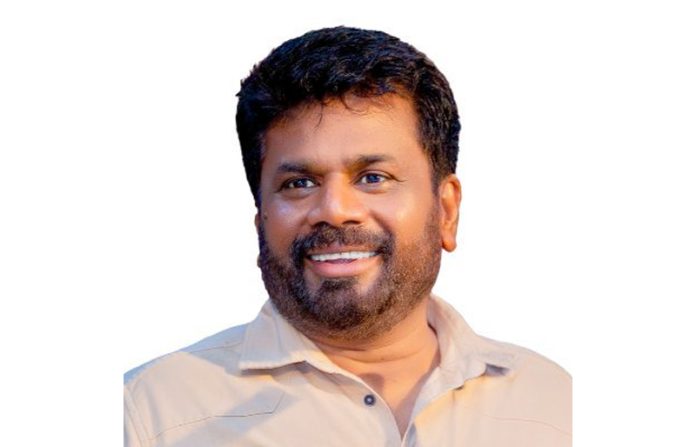COLOMBO, Feb 10: Sri Lanka’s Marxist JVP party members who made their first visit to India at the invitation of the Indian government on Saturday said international cooperation was vital for the island nation and it cannot remain isolated in the world.
A delegation of the Janatha Vimukthi Peramuna (JVP), a Marxist–Leninist communist party, which led an anti-India campaign in 1987-90 against the Indo-Lanka Accord, on Saturday returned from a five-day official visit to India.
On their return, JVP leader Anura Kumara Dissanayake gave a brief outline of the delegation’s visit, including meetings with the External Affairs Minister Dr S Jaishankar, and National Security Adviser Ajit Doval among others.
He said the visit was important in the context of the presidential election in Sri Lanka to be held later this year.
“People anticipate a turnaround in local politics at the presidential election. This visit was important as Sri Lanka can’t remain isolated in the world,” Dissanayake said. International cooperation is vital for Sri Lanka, Dissanayake said.
Asked about their anti-Indian rhetoric against Indian investment in the island nation, Dissanayake said, “Honouring an official invitation and having meetings doesn’t mean we should change our political and economic policies”.
Dissanayake said there was good awareness in India about Sri Lanka’s economic and political crisis prevailing.
The visit was useful for the JVP to gain studies of varying fields such as technology and investment, Dissanayake said.
The JVP met the Chief Minister of Gujarat Bhupendra Rajnikant Patel and the Kerala government run by the left-wing alliance of CPI-M Kerala.
JVP, which entered mainstream politics in 1994 after leading two bloody rebellions in 1971 and 1987-90, is the third largest political group in the south.
They held ministries under the former president Chandrika Bandaranaike Kumaratunga in 2004 in a short-lived coalition. Dissanayake, an agriculture graduate, held the ministry of agriculture.
Later, they backed former President Mahinda Rajapaksa’s successful military campaign against the LTTE who ran a parallel state in the north and east regions in their quest to set up a separate Tamil homeland.
The Indo-Sri Lanka Peace Accord, signed in Colombo on July 29, 1987, between Indian Prime Minister Rajiv Gandhi and Sri Lankan President J. R. Jayewardene, was expected to resolve the Sri Lankan Civil War by enabling the Thirteenth Amendment to the Constitution of Sri Lanka.
Under the terms of the agreement, Colombo agreed to a devolution of power to the provinces, the Sri Lankan troops were to be withdrawn to their barracks in the north and the Tamil rebels were to surrender their arms.
The JVP has continuously led in at least one public opinion poll while the NPP broader front has led in surveys, leaving the island nation’s main parties trailing.
The surveys claim that in the post-economic crisis phase since 2022, the NPP has gained significantly in public support, particularly in anti-corruption perceptions. (PTI )


